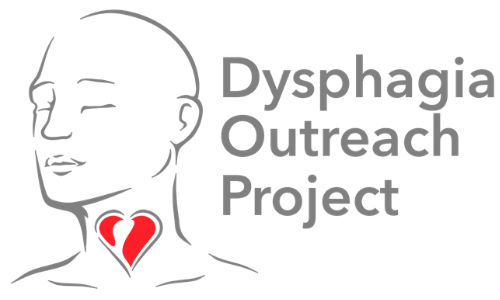The Role of the SLP in Schools
School-based speech-language pathologists (SLPs) aim to contribute to the welfare and success of students in schools (ASHA, 2010). SLPs work with culturally and linguistically diverse students who have a range of communication disorders that adversely impact their educational performance, including difficulty with language, literacy, articulation, fluency, voice/resonance, and swallowing. SLPs address personal, social/emotional, academic, and vocational needs that have an impact on achieving educational goals (ASHA, 2010).
SLPs have a range of responsibilities such as prevention, assessment, intervention, program design, data collection and analysis, and compliance (meeting federal, state, and local mandates), to help students meet the performance standards of a particular school district and state (ASHA, 2010). Collaboration is a huge part of promoting student success. Partnering with the students and their families is important to include them in goal-planning, advocacy, and decision making. SLPs will also work with other school professionals to combine their own contributions and augment those made by other professionals who have different perspectives and skills (ASHA, 2010).
There are many obstacles to providing dysphagia management in schools, such as, but not limited to: provider training and debate regarding educational relevance. Thus, many school systems do not provide dysphagia services. However, ASHA states feeding and swallowing disorders have educational relevance because:
Students must be safe while eating in school. This includes providing appropriate personnel, food, and procedures to minimize risks for choking and for aspiration during oral feeding.
Students must be adequately nourished and hydrated so that they can attend to and fully access the school curriculum.
Students must be healthy (e.g., free from aspiration pneumonia or other illnesses related to malnutrition or dehydration) to maximize their attendance at school.
Students must develop skills for eating efficiently during meals and snack times so that they can complete these activities with their peers safely and in a timely manner.
Dysphagia Outreach Project understands that dysphagia can affect educational performance. We aim to further educate individuals about swallowing disorders and provide assistance for individuals with swallowing disorders across the lifespan. Click ‘Apply for Assistance’ to fill out our application for supplies!
American Speech-Language-Hearing Association. (2007). Guidelines for Speech Language Pathologists Providing Swallowing and Feeding Services in Schools [Guidelines]. Retrieved from www.asha.org/policy.
American Speech-Language-Hearing Association. (2010). Roles and responsibilities of speech-language pathologists in schools [Professional Issues Statement]. Available from www.asha.org/policy/.
